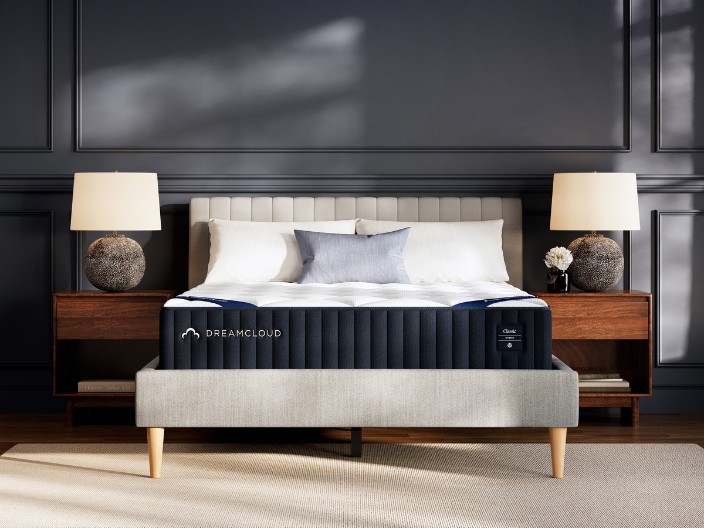Sleep Texting: What It Is & How to Stop It
Share
Fact checked
Reviewed by experts
Updated
December 22, 2022
Quick read
2 mins to read
List of Content
Have you ever checked your phone in the morning and realized that you sent texts in the middle of the night that you have no memory of? You’re not alone. Sleep texting is real, and it’s more common than you think. A recent study of college students at Villanova University found that 25 percent of the 372 participants reported sleep texting and 72 percent had no memory of doing so (cue scary music).

Why does sleep texting happen?
Sleep texting is a type of parasomnia — a sleep disorder where people engage in daytime activities unconsciously during sleep. Things like sleep walking, sleep talking, or even having sex or driving in your sleep are also considered parasomnias. Sleep texting, however, is a more recent iteration of this condition, thanks to our co-dependence on cell phones.
One of the earliest instances of sleep emailing was documented in the Journal of Sleep Medicine 10 years ago. Since then, as we communicate more and more using our phones, nighttime digital communications have become, unsurprisingly, more common. Still, texting takes coordination and awareness. How is it possible to do that when you’re sleeping?
“If you do something regularly, your brain is already primed for that behavior, so carrying it out is possible, whether you’re awake or asleep,” says Dr Irshaad Ebrahim, the medical director of The London Sleep Centre “Most messages people send when sleep texting are gibberish, although it is possible to send legible messages, and most people have no memory of doing so in the morning.
Who’s most likely to sleep text?
It’s more common in those who take sleep medication or have a genetic predisposition for parasomnia. But most importantly, sleep texting doesn’t happen in a bubble. “Generally, we find that people who sleep text also have had episodes of other parasomnias, such as sleep walking or sleep talking,” Ebrahim says. With that in mind, he explains, we shouldn’t look at sleep texting as a unique phenomenon. “If you didn’t have your phone beside you, it would probably manifest as another parasomnia,” he explains.
For those who’ve never had other parasomnias but text like crazy, being sleep deprived may spark the onset of sleep texting, the Villanova study showed. Which brings us to the next important issue: Prevention.
What can you do about it?
To avoid total embarrassment in 4G, the most obvious solution is to keep your phone out of your bedroom or turn it off (study participants were more likely to sleep text in response to the notification of an incoming text, as opposed to initiating a text).
Ebrahim also suggests establishing a healthy sleep routine that excludes screen time before bed to get your mind out of “reply” mode and into a more relaxing headspace. Also, make sure you’re getting the recommended seven or more hours of restful sleep each night.
If you do continue sleep texting regularly, see a sleep specialist for an evaluation. And tell your contacts to disregard all texts sent after midnight.
This website does not offer medical advice nor professional medical services; rather, it is provided solely for educational, informational, and/or entertainment purposes. Individuals seeking medical advice should consult a licensed physician. The information provided should not be used for diagnosis or treatment of any condition, disease, or injury. When you have a medical condition, you should always talk to licensed doctor or other certified medical professional. You should never delay seeking professional medical advice or treatment based on the contents of this website. Call 911 or immediately go to the nearest emergency room if you think you may have a medical emergency. The contents of this website are provided “as-is”, Sleep Authority and its parent, subsidiaries, affiliates, employees, contributors disclaim any warranty of the information contained herein. Please contact using contact form to report any errors, omissions, misinformation, or abuse.
Sleep Authority is brought to you by Resident, the company that brings you Nectar, DreamCloud, Awara, Wovenly, Bundle, Home Well Designed and Level Sleep.









